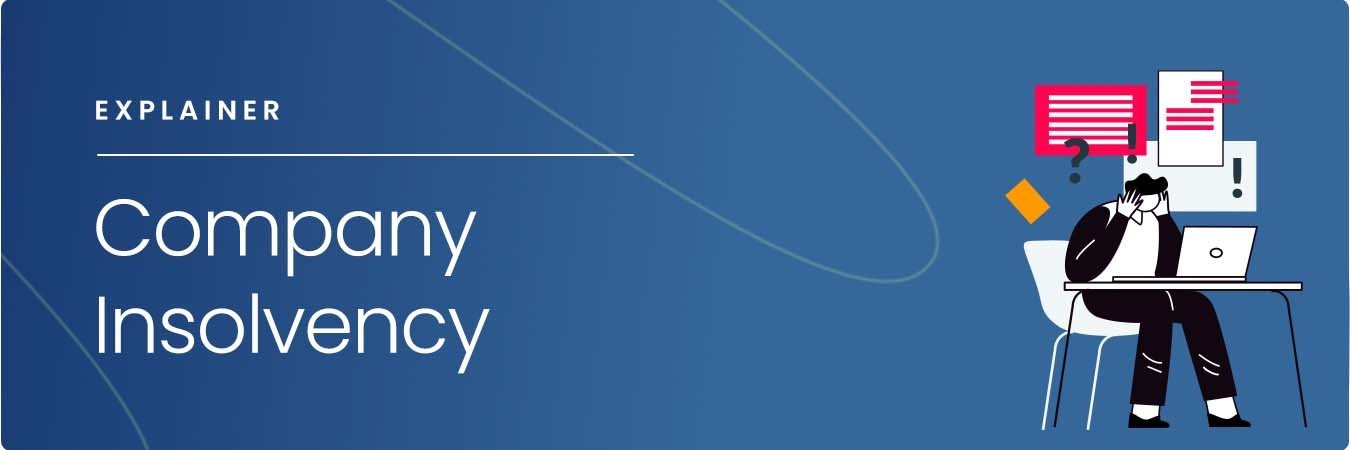If a Company Goes Into Administration, Do I Have to Pay Administration Staff? Understanding Employee Payments in Liquidation
If a Company Goes Into Administration, Do I Have to Pay Administration Staff? Understanding Employee Payments in Liquidation
Blog Article
The Influence of Firm Liquidation on Employee Civil Liberties, Payment, and Task Security
In the world of business dynamics, the dissolution of a business due to liquidation can cast a darkness of uncertainty over the fate of its employees. As the drapes close on an organization endeavor, the ramifications for employee civil liberties, payment, and task stability come to the center. The after-effects of such a process can leave people coming to grips with various challenges, varying from lawful protections to economic pay. Comprehending the complexities of how business liquidation affects workers is essential for navigating the intricacies that arise in such scenarios (do you still get redundancy if company goes into administration).
Legal Protections for Workers
Lawful Protections for Workers make certain that workers' legal rights are guarded and upheld in the occasion of firm liquidation. These protections serve as a critical safeguard for workers dealing with unpredictabilities as a result of their employer's monetary problems. One basic protection is the Worker Change and Retraining Notice (WARN) Act, which calls for employers with over 100 staff members to provide advancement notification of at the very least 60 days prior to a plant closing or mass layoff.
In Addition, the Fair Labor Requirement Act (FLSA) mandates that staff members should obtain their last paycheck without delay upon discontinuation, consisting of any accrued vacation time or benefits. This regulation intends to avoid companies from keeping payment owed to workers during the liquidation process. Moreover, the Employee Retired Life Revenue Protection Act (ERISA) safeguards staff members' retired life funds by setting standards for private pension and making sure that these funds are safe, even in the event of a firm's bankruptcy.
Influence On Settlement Bundles
Amid firm liquidation, the restructuring of payment packages usually leads to significant changes for workers. When a company goes right into liquidation, employees are confronted with the prospective loss or decrease of different parts of their payment packages, such as incentives, profit-sharing, and stock alternatives. Oftentimes, impressive settlements for overtime, unused holiday days, or other advantages might likewise go to risk as a result of the financial restrictions faced by the business during the liquidation process.
In addition, the termination of employment agreement during liquidation can bring about disputes over discontinuance wage and other types of settlement that employees are entitled to under their arrangements or neighborhood labor legislations. Workers might find themselves in a perilous scenario where they have to discuss with liquidators or trustees to protect fair payment for their years of solution to the company.
Task Safety Problems
During business liquidation, workers frequently deal with enhanced work security issues as the future of their settings comes to be unpredictable. The possibility of shedding their jobs because of the closure of the business can create substantial stress and anxiety amongst staff members. Job security issues during liquidation are worsened by the websites absence of quality concerning the timeline of the process, prospective redundancies, and the general stability of the company.
Workers may bother with their financial stability, career prospects, and the availability of comparable work possibilities in the market. Unpredictability bordering the liquidation procedure can result in decreased morale, performance, and work fulfillment among employees. In addition, the concern of task loss can impact employees' psychological health and wellness and well-being.
Employers are encouraged to connect freely and transparently with workers throughout the liquidation process to resolve task safety and security concerns. Supplying regular updates, supplying assistance services, and discovering alternative work choices can help relieve a few of the anxieties staff members may experience throughout company liquidation. By focusing on employee health and maintaining clear interaction, employers can alleviate the negative effect of job safety issues throughout this challenging duration.
Staff Member Insurance Claims and entitlements

Employees are normally entitled to receive overdue wages for a given duration prior to the liquidation, which may vary by nation. In addition, redundancy repayments are usually available to workers that are made repetitive as a result of the liquidation procedure.
Strategies for Navigating Unpredictability
In times of firm liquidation, employees can employ strategic approaches to navigate via unpredictability and secure their civil liberties and privileges efficiently. Keeping abreast of the liquidation process, understanding their civil liberties under labor regulations, and seeking legal advice if essential can encourage workers to make educated decisions.
A tactical relocation for employees is to prioritize their economic protection. This can entail discovering alternatives such as looking for unpaid wages via federal government plans, comprehending the hierarchy of creditors to assess the likelihood of this hyperlink receiving superior repayments, and creating an individual budget to take care of financial resources throughout the shift period. Updating resumes, enhancing abilities with training programs, and actively looking for alternative work can help workers safeguard their future beyond the sold off firm.

Verdict
In conclusion, company liquidation can have considerable effects on staff member rights, compensation, and task stability. It is vital for staff members to understand their legal protections, entitlements, and potential insurance claims in such circumstances. Browsing unpredictability throughout business liquidation needs mindful factor to consider of approaches to protect one's interests and rights. Employee concerns about job security and compensation packages must be addressed within the lawful structure to make certain reasonable treatment and suitable compensation.

When a business goes right into liquidation, employees are encountered with the potential loss or reduction of numerous components of their payment plans, such as benefits, profit-sharing, and supply options.Throughout firm liquidation, employees usually face increased work safety and security worries as the future of their placements becomes unsure. Giving regular updates, providing assistance solutions, and exploring alternative task choices can aid alleviate some of the stress and anxieties staff members may experience during business liquidation.In final thought, firm liquidation can have substantial implications on worker legal rights, settlement, and work security.
Report this page